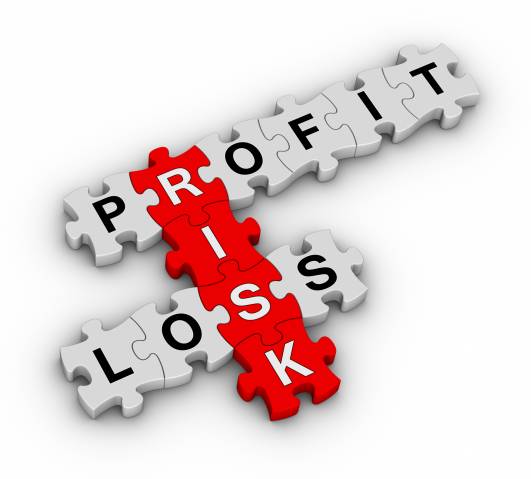Whether a small business could handle the risk of a deal that was unlikely to be profitable in the short term depends largely on the financial backing of the business.
A small business isn't necessarily backed with small amounts of money, and this can affect whether or not more riskier business ventures are considered. Let me explain in a little more depth.

Small businesses can possess a variety of levels of financial backing. For example, a small family owned business is much less likely to be able to survive non-profitable business deals than a small business with the financial backing of private investors.
For this reason, it is likely that a small business owners may address risky business deals slightly differently.
Risk assessment
As with any sized business, risks must be assessed prior to entering into any business deal or venture. A small family owned business may not have the financial backing to be able to survive a risky business deal that's potentially non-profitable. In this instance, a business owner would not be able to tolerate such a business deal, as it would put his or her business at risk.
On the other hand, small businesses with a large financial backing may be more likely to consider the risky business deal worthwhile. It depends on whether the risks of a business deal being highly profitable are worth taking even though it may be non-profitable. Having a large financial backing allows a business owner to take such calculated risks as they're less likely to lose everything if things don't work out.
The verdict
Ultimately, whether a business owner could afford to enter into risky business deals depends on the financial backing of the business. Those with a lot to lose will be less likely to entertain such a business deal, although those with large amounts of financial backing may be more likely to. It's all about weighing up the risks and rewards.